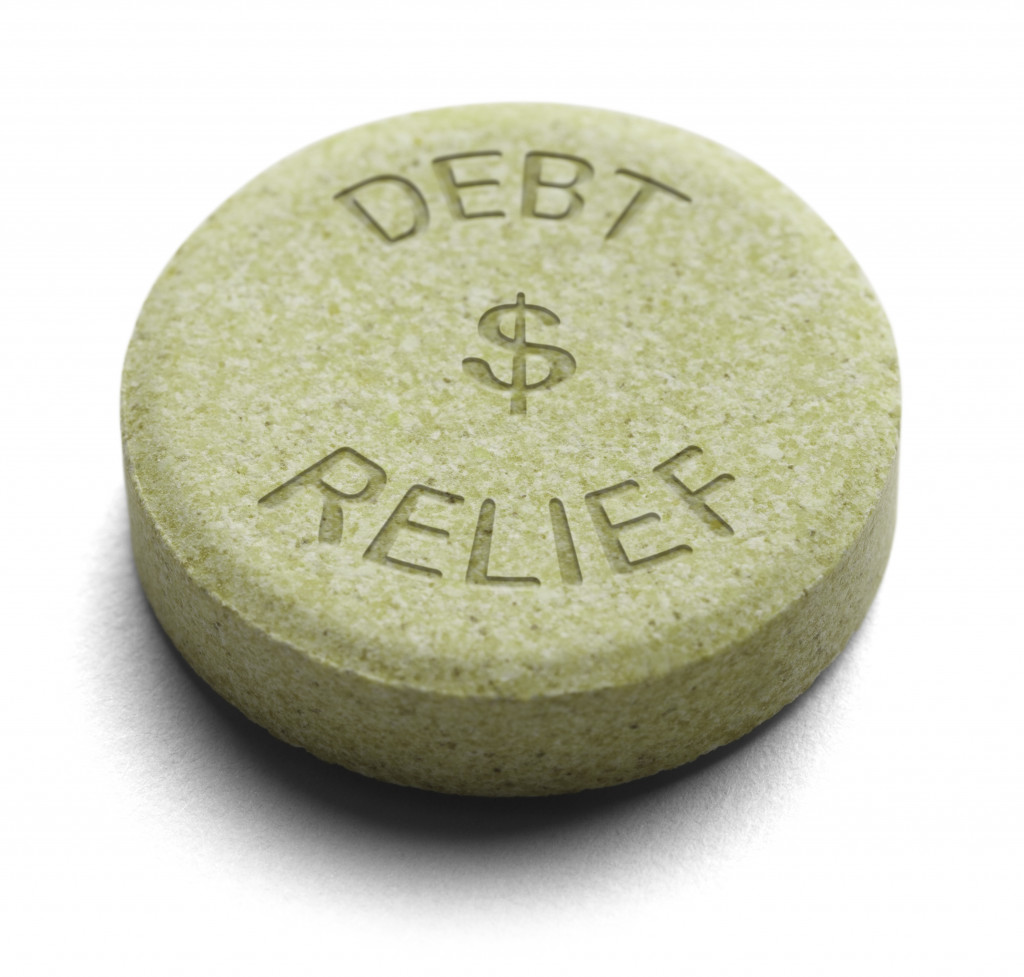Debt is a severe issue for many Americans. In fact, the average American household has more than $2,700 in debt, excluding mortgages. This can make it challenging to keep up with monthly expenses and save for the future.
Debt is a serious concern for the country as a whole as well. The national debt (the amount of money the federal government owes) is more than $30 trillion. Unfortunately, this number is so large that it’s difficult for most people to wrap their minds around it.
The most common type of debt is credit card debt. Americans collectively owe more than $850 billion in credit card debt. This type of debt can be particularly dangerous because it’s easy to accumulate and usually has high-interest rates.
Another most common type of debt is student loans. Unlike credit card debts, student loans are essential for the future. A college degree can lead to better job opportunities and higher earnings. However, the high cost of tuition and other expenses can leave students with much debt. But what is a student loan exactly, and what will happen if you can’t pay for it?
Student Loans in the United States
If you’re someone who just graduated from high school or someone who wants to take up a higher degree of education, then there’s a good chance that you’ve read about student loans. You might also read the problems surrounding loans.
In simple terms, student loans are money that you borrow from the government or a private lender to pay for your education. The good thing about student loans is that they have low-interest rates, and you don’t have to start repaying them until after you graduate.
The bad thing about student loans is that they can be costly. The average student loan debt is around $32,000. This is a lot of money that has to be paid back, plus interest. If you consider that the typical American household earns only around $60,000, that requires you and your family half a year to pay for it. If you’re the only one paying for it, it needs your whole year’s salary, only if you’ve got the right job.

What Happens if You Can’t Pay Your Student Loans?
If you can’t pay your student loans, the consequences can be severe. The first thing that will happen is that you will start accruing interest on your loans. This means that the amount of money you owe will increase over time.
The second thing that will happen is that your credit score will suffer. This is because late payments on your loans will be reported to the credit agencies. This will make it difficult for you to get a loan in the future.
The third thing that could happen is that your wages could be garnished. This means that the government can take a portion of your paycheck to pay off your loans. Lastly, you could be sued. If you can’t repay your loans, the lender can sue you for the money you owe.
What Can You Do if You Can’t Pay Your Student Loans?
If you’re struggling to pay your student loans, there are a few things you can do. The first thing you should do is try to negotiate with your lender. You might be able to get a lower interest rate or a longer repayment period. This can help with making your monthly payments more affordable.
The next thing you can do is look into consolidation or refinancing. This means taking out a new loan to pay off your existing loans. You might be able to get a lower interest rate or a longer repayment period. This can help make your monthly payments more affordable.
You can also consider deferment or forbearance. This means that you can temporarily stop making payments on your loans. This can be helpful if you’re going through a difficult financial situation.
You can also try looking for a job that offers student loan forgiveness. Some jobs, such as teaching or working in the non-profit sector, offer student loan forgiveness after several years. This can help you get out of debt more quickly. Lastly, and most importantly, you can file for Chapter 13 bankruptcy. Don’t be afraid to do this as it can save your future.
Sure, filing for bankruptcy might mean that you can’t get a loan anytime soon, but it’ll give you the helping hand you need.
Conclusion
If you’re struggling to pay your student loans, it’s vital to take action quickly. The sooner you take action, the better off you’ll be. There are many options available to help make your payments more affordable. You should explore all of your options and choose the best one for you.
